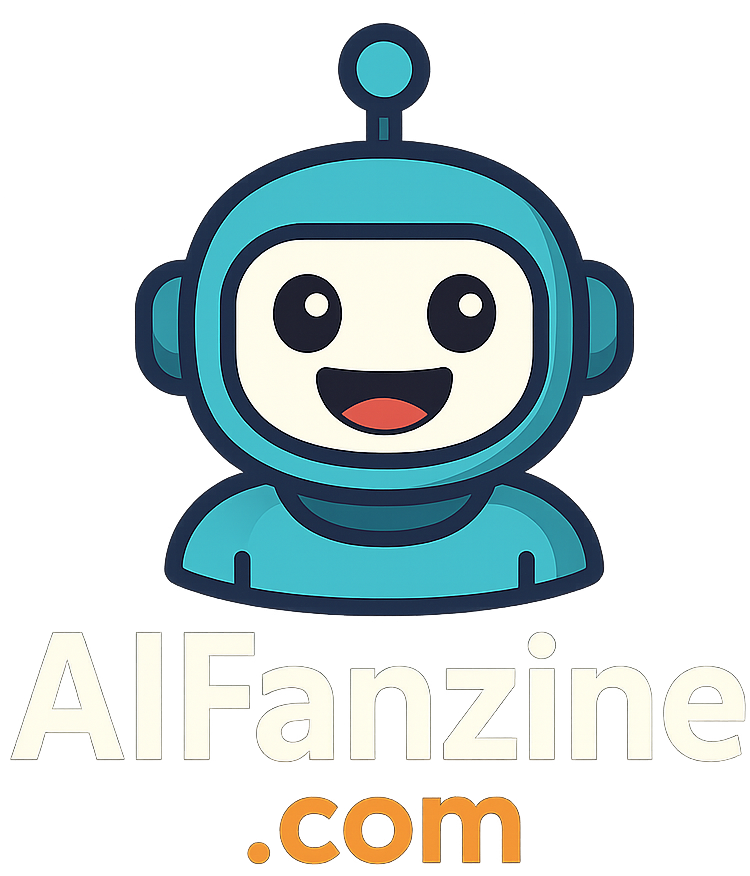Artificial intelligence has shifted from being a specialized research topic into a mainstream force that touches nearly every sector. As I look at how industries are evolving, I’ve noticed that traditional education models are struggling to keep pace with the rapid innovations in machine learning, natural language processing, robotics, and data science. This is where universities are stepping in with a bold move, launching degree programs focused entirely on artificial intelligence. Instead of embedding AI within computer science or engineering, institutions are now creating dedicated pathways where students study nothing but AI and its practical applications.
Why Universities Are Moving Toward AI-Focused Education
I’ve seen how the demand for AI expertise has skyrocketed. Companies across technology, finance, healthcare, transportation, and manufacturing are aggressively seeking graduates who can not only understand algorithms but also deploy them in real-world settings. Universities are realizing that traditional computer science curricula, while valuable, no longer provide the depth of specialization needed to keep pace with this demand. AI-only programs are designed to close that gap by giving students the technical, ethical, and policy-focused foundation required for this new era.
Another factor driving this shift is industry collaboration. I’ve noticed how corporations are increasingly funding research labs, sponsoring courses, and partnering with universities to ensure graduates are prepared for workforce realities. Schools are responding by tailoring their programs around what companies are asking for, skills in neural networks, natural language models, autonomous systems, and AI safety.
The Structure Of AI-Only Degree Programs
When I looked into how these programs are structured, it became clear that they go far beyond a few extra AI electives. Entire course catalogs are being reshaped. Students dive into topics like deep learning, reinforcement learning, generative modeling, and ethical frameworks right from the start. Instead of waiting until their final year to work on specialized projects, they begin with AI-focused coursework in their first semesters.
These programs often integrate hands-on experiences in labs, internships with tech companies, and access to specialized computing resources. I find it impressive that some schools are even offering interdisciplinary tracks, allowing students to apply AI to medicine, environmental studies, or social sciences. This approach recognizes that AI is not just a technical tool, it’s a transformative force shaping decision-making and problem-solving across fields.
The Competition Among Universities
What fascinates me is how competitive universities have become in positioning themselves as leaders in AI education. Schools in the United States, Europe, and Asia are racing to build cutting-edge research hubs, attract top professors, and secure funding from industry partners. I’ve seen announcements of universities hiring dozens of AI faculty members in a single year just to keep up with enrollment demand.
In many ways, universities view these programs as a way to future-proof their reputations. Being known as a pioneer in AI education not only attracts students but also draws in lucrative research grants and corporate partnerships. The competition is fierce, and it’s pushing schools to continuously innovate in how they teach and apply AI.
The Role Of Industry Partnerships
I think one of the most exciting aspects of these degree programs is how they are blurring the lines between academia and industry. Instead of students graduating with purely theoretical knowledge, they are being immersed in real-world applications from the beginning. Companies are stepping into classrooms, offering case studies, sponsoring labs, and even co-designing curriculum.
This creates a cycle where students graduate already familiar with industry workflows, companies get access to trained talent, and universities strengthen their ties to influential sectors. In my view, this is a win-win scenario that accelerates the adoption of AI across industries while also making education more relevant.
Global Expansion Of AI-Only Degrees
It’s not just elite institutions in Silicon Valley or Europe that are moving in this direction. I’ve seen universities in Asia, Africa, and the Middle East announce plans for AI-only degrees. Countries are positioning themselves to become leaders in AI innovation, and education is at the center of that ambition. Some governments are even funding scholarships to encourage students to specialize in AI, hoping to build homegrown expertise that will power their economies.
This global expansion also highlights the diversity of how AI is being applied. For example, universities in Africa are emphasizing AI for agriculture and healthcare, while those in Europe are focusing heavily on ethics and regulation. Each region is tailoring its programs to address local priorities, which I find both practical and visionary.
Challenges Facing AI-Only Degree Programs
While I see a lot of excitement around these programs, I also recognize the challenges they face. One major concern is the speed of technological change. AI evolves so rapidly that curricula risk becoming outdated in just a few years. Universities need agile models that allow them to refresh courses quickly.
Another challenge lies in faculty recruitment. There’s a global shortage of AI experts, and many prefer to work in industry where salaries are significantly higher. Universities must find ways to attract and retain talent while also ensuring diversity among faculty members. Without this, programs risk becoming too narrow in perspective.
There are also ethical challenges. As much as I appreciate the technical side of AI, I believe it’s equally important that these programs emphasize responsibility. Issues like bias, privacy, job displacement, and misuse of AI must be central to the education students receive. Otherwise, we risk creating highly skilled engineers without the awareness to prevent harm.
The Student Experience
When I imagine being a student in one of these programs, I see both exciting opportunities and intense challenges. The workload is demanding, the competition is fierce, and the expectations are high. But at the same time, students gain access to cutting-edge labs, mentorship from leading researchers, and career pathways that are unmatched in today’s job market.
I’ve read about students working on projects ranging from developing AI tools to detect diseases in medical images to building autonomous drones for disaster response. These experiences not only sharpen their technical skills but also give them a sense of purpose, knowing their work can have real-world impact.
The Long-Term Impact On Society
Looking further ahead, I believe AI-only degree programs will have ripple effects across society. They will produce a new generation of professionals who see AI not as a niche skill but as a foundational element of every industry. This could accelerate the adoption of AI technologies in areas like healthcare, climate science, finance, and public policy.
At the same time, I think these graduates will shape the ethical frameworks and regulations that guide AI’s development. By embedding responsibility into their education, universities are preparing leaders who will make decisions that balance innovation with societal good.
My Reflections On The Future Of AI Education
Personally, I find this shift both inspiring and necessary. Traditional computer science education will always have its place, but the emergence of AI-only degree programs signals a recognition that we are entering a new phase of technological progress. I expect these programs will continue to evolve, incorporating more interdisciplinary approaches, stronger ties with industry, and deeper engagement with ethics.
As more universities adopt this model, I anticipate a transformation not just in how students are trained but in how research is conducted and how industries recruit talent. AI is no longer a side discipline, it’s becoming the backbone of modern innovation.
Conclusion
In reflecting on why universities launch AI-only degree programs, I see a clear alignment between industry demand, global competition, and educational innovation. These programs are designed to create a workforce that can keep pace with the fast-changing world of AI while also addressing its ethical challenges. Students gain the benefit of early specialization, hands-on experience, and exposure to real-world applications, while industries gain access to graduates ready to contribute immediately.
From my perspective, this is one of the most important educational shifts of our time. As I watch it unfold, I can’t help but think that the universities making these bold moves today will be the institutions shaping the future of AI tomorrow.

